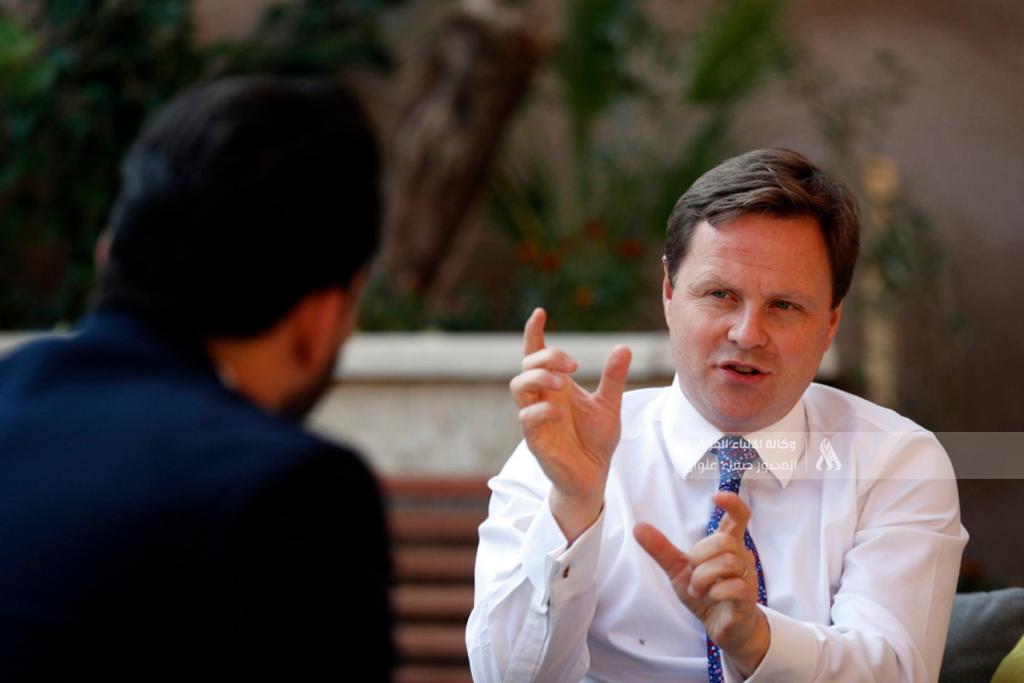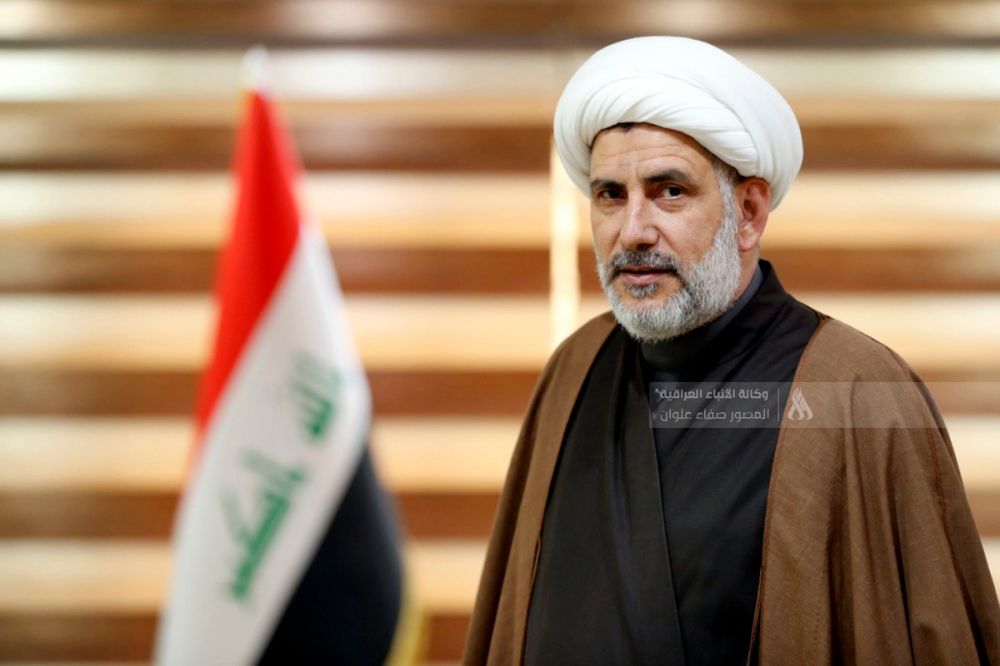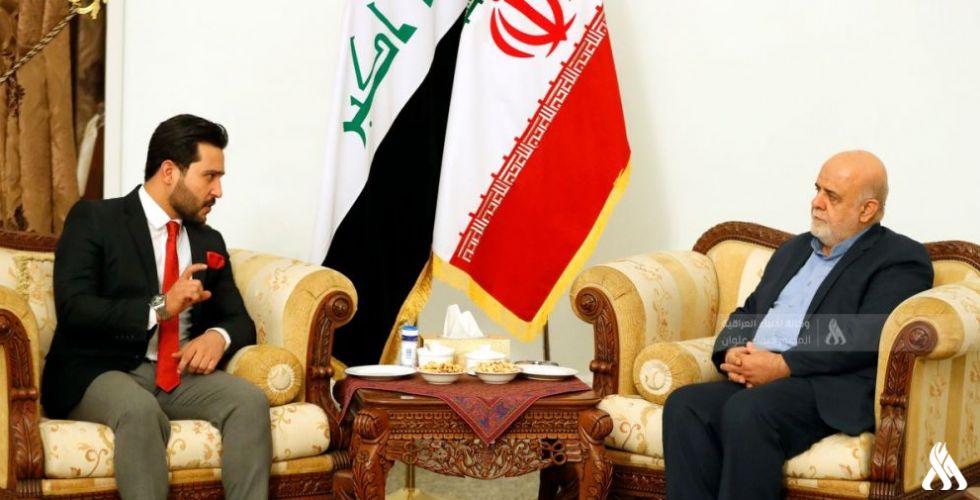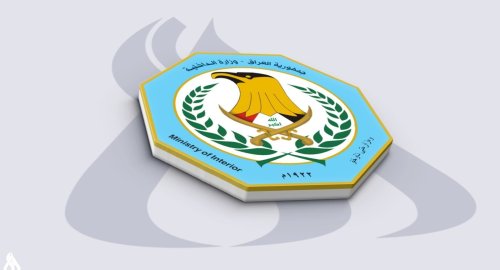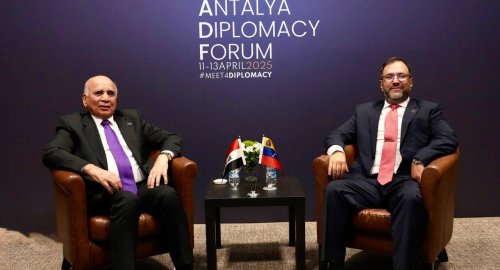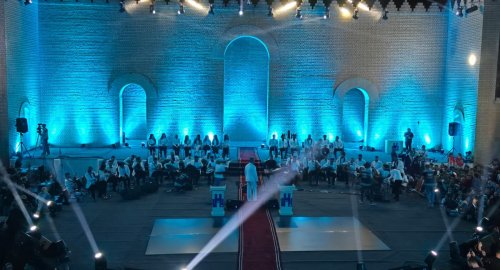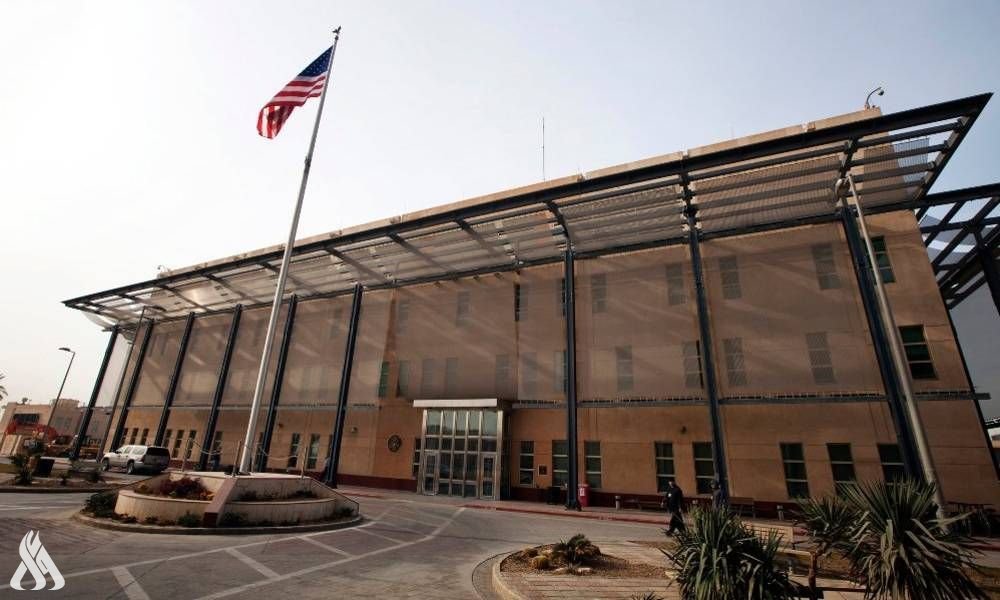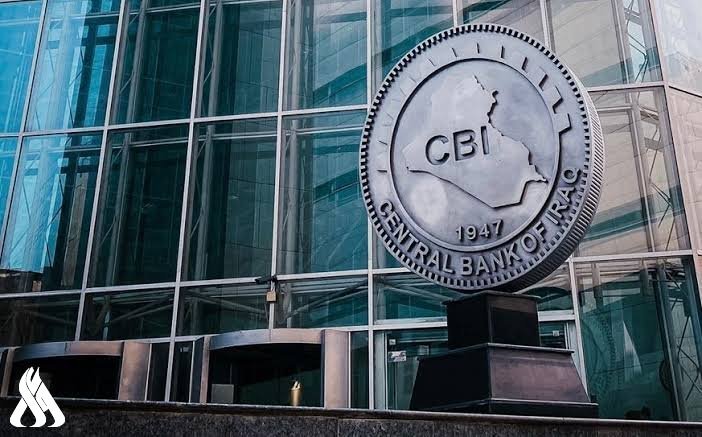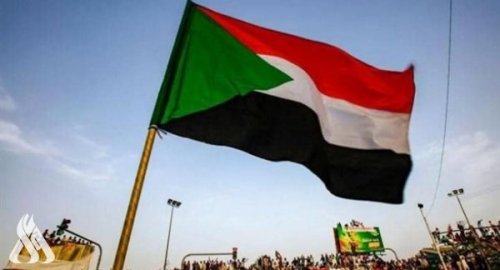
Hope for path out of Sudan's crisis in days, U.N. envoy says

- 2-11-2021, 11:43
INA- SOURCES
National and international mediation efforts working to solve Sudan's political crisis are expected to bear fruit in coming days, the U.N. special envoy said on Monday.
General Abdel Fattah al-Burhan toppled Prime Minister Abdalla Hamdok's cabinet a week ago and arrested key politicians. Hamdok remains under house arrest in his residence, Volker Perthes told reporters in New York via video from Sudan.
"There are multiple mediation efforts under way in Khartoum by a host of actors," Perthes said. "We are supporting a couple of these efforts, proposing initiatives and ideas and coordinating with some of these mediators."
"It is bigger packages that are being put up for negotiation and they hope that within the next couple of days ... the contours of a package would become visible," he said. "There's a general sense that a way out should be found."
Perthes said he could not speak about the demands, conditions or positions of Hamdok and Burhan, with the mediators shuttling between the pair. However, he said negotiations could only be held between "people who are at liberty," in reference to the detained officials.
A statement posted by the Ministry of Information representing civilian authorities, said that Hamdok maintained that the solution to the crisis was the release of all detainees and the return of his cabinet to work, and that he would not recognize the decisions of the coup leaders.
Politicians involved in mediation efforts say the main compromise under discussion is a proposal for Hamdok to be given full executive powers and appoint a cabinet of technocrats.
The proposal, which the sources say has been presented to all sides, would do away with the 14-member power-sharing Sovereign Council in favour of a three-person honorary council.
Political parties, rebel groups, and the military - partners in the pre-coup government - would be represented in parliament, and the military would continue to lead a Security and Defense Council, they said.
The coup took place 2-1/2 years after a popular uprising ousted the authoritarian Omar al-Bashir, who had ruled Sudan, Africa's third largest country, for three decades.
Hundreds of thousands of protesters took to the streets on Saturday to demand an end to military rule and the restoration of a civilian-led government. Security forces shot dead three people, a doctors union said, bringing the death toll since the coup to 15. read more
The doctors union and an eyewitness said that security forces fired tear gas and live bullets at citizens in a neighborhood of Omdurman on Monday. One person was shot in the shoulder and three others were injured, the Central Committee of Sudanese Doctors in a statement.
Burhan has said he removed the cabinet to avert civil war after civilian politicians allegedly stoked hostility to the armed forces. He says he is still committed to a democratic transition, including elections in July 2023.
Several professionals groups reaffirmed their commitment to general strikes on Monday in protest of the coup, and resistance committees began laying out schedules for new protests and civil disobedience.
White House: Talks with Iran were very positive and constructive
- International
- 09:40
US Embassy: Trade Mission of 60 Companies Visits Iraq
- politics
- 25/04/07
CBI unveils comprehensive reform plan to modernize banking sector
- Economy
- 25/04/07
Al-Sudani Meets Delegation from J.P. Morgan Bank
- politics
- 25/04/08
